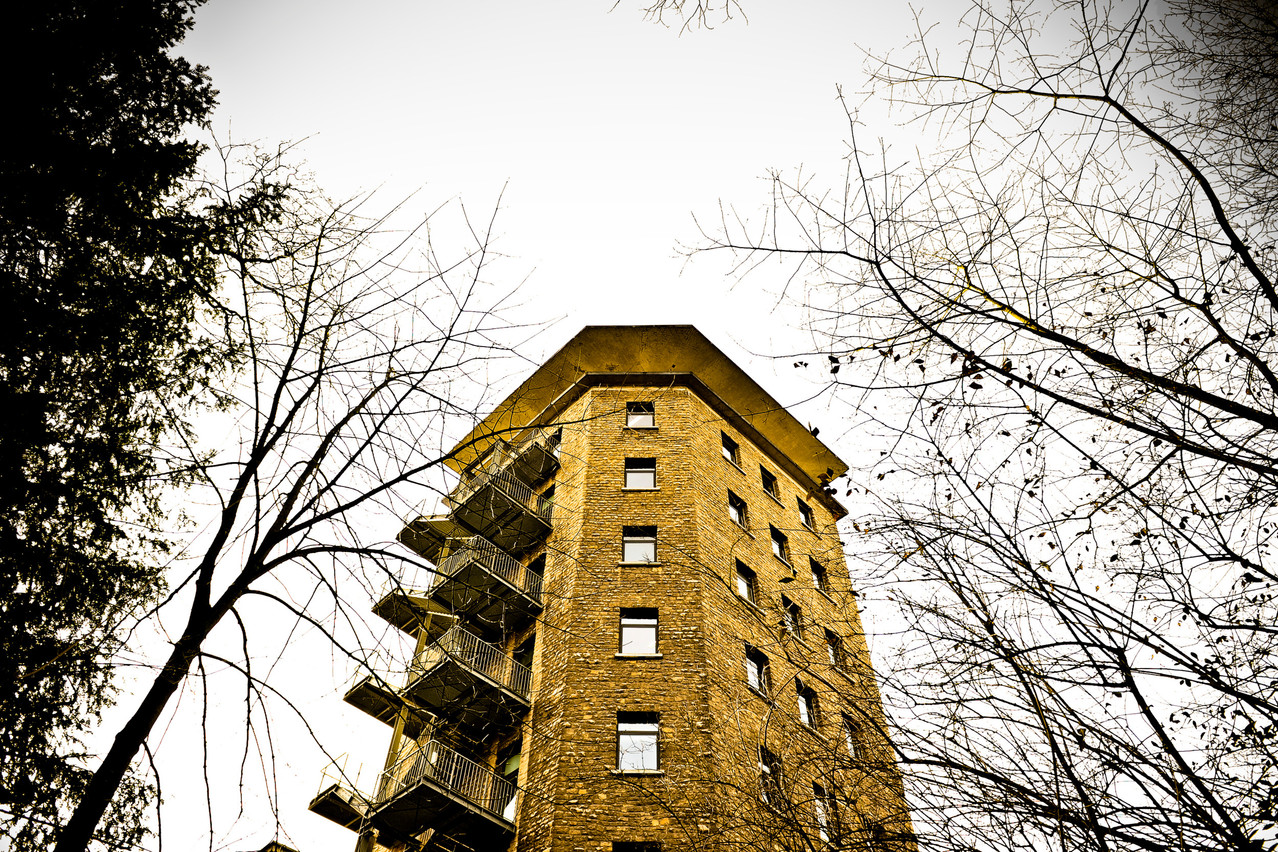In January, defence minister François Bausch told the Luxemburger Wort that “we don’t have a colonial past”. Bausch argued that Europeans had profited immensely from former African colonies, but that Luxembourg--having no such baggage--has a good image.
Though technically, the grand duchy’s government never colonised a country, Luxembourgers were implicated in every aspect of the colonies in the Belgian Congo, explains Luxembourg historian Régis Moes.
Involved on every level
In 1957, only three years before the independence of the Democratic Republic of the Congo from Belgium, around 600 Luxembourgers--including wives and children--were installed in the colony.
Unlike Belgians, Luxembourg nationals weren’t posted to the Congo but volunteered to go. The “Cercle colonial luxembourgeois” helped lobby for their interests and the government through subsidies funded the activities of Luxembourg colonisers. Children of Luxembourg nationals and African women could receive Luxembourg nationality, as an indigenous status used in Belgium didn’t exist in the grand duchy.
Luxembourg profited from the colonies and even installed human zoos in the building known as the Villa Louvigny. “It might play a role in diplomatic relations that Luxembourg was never directly considered a colonial power,” says Moes, who published a book on the subject in 2012, “but it’s also incorrect to say Luxembourg didn’t touch that.”
A need to address these topics
Colonialism has been talked about by scholars since the 1980s, but the paternalistic attitudes of colonisers still influence present-day mentalities, says Moes. With Luxembourg becoming an increasingly multicultural country, “there is a bigger need to thematise these topics.”
He cites the Black Lives Matter movement that originated in 2020 in the US after the murder of George Floyd by a Minneapolis police officer. “There were more people that became aware of racism. There have always been anti-racism movements, but in 2020, there was no sport, no culture, so it got a great sounding board,” says Moes, adding that “people who weren’t originally interested in the matter were confronted with it and had to think about it.”
The BLM wave also amplified , a Luxembourg organisation that addresses complicated topics and sore subjects in creative ways.
Bringing the ugly truth to the front
Talking to Delano, Alpha Muyizere and Michèle Liesch of Richtung22 explained the task of decolonialising Luxembourg’s space and bringing to light the country’s controversial past. For Muyizere, at first, the collective could only find minimal information, but as they dug deeper--in archives in France, Belgium and Germany--more and more came to the surface.
The sheer amount of information gave birth to a guided tour of spaces in Luxembourg that are still glorifying the days of colonialism. “Some guests had good reactions,” Liesch remembers, “but others wondered why we dug up these old stories.”
Yet, most people who joined the tours “already had a certain personal interest in the topic,” Muyizere adds.
“Colonialism didn’t stop when the countries became independent,” he says, to which Liesch adds: “People should be aware that there are still consequences now from the past behaviour, and that it’s too easy as a person who isn’t directly affected to look away. One should leave their happiness bubble sometimes to understand the subject and empathise more.”
Accepting the past to change the present
Not acknowledging the past can be convenient when it comes to political strategies and Luxembourg in its humanitarian, economic and diplomatic relations with countries in Africa has played innocent. But in a country where and by many, it isn't the way to go.
Aside from the historic accuracy of publicly addressing the colonial past of Luxembourg, “knowledge is also emancipation. People should be informed that their worldview is influenced by the past and that they can free themselves of that,” says Muyizere.
Though questioning one’s own biases is hard, learning about the subject is essential. Richtung22 offers digital guided tours---to those who want to find out more. The MNHA museum from 8 April to 6 November is on Luxembourg’s colonial past, offering a space for the voice of those still affected by the events.
This article is the third in a series that Delano will be publishing throughout this week to mark the closing of US Black History Month.
